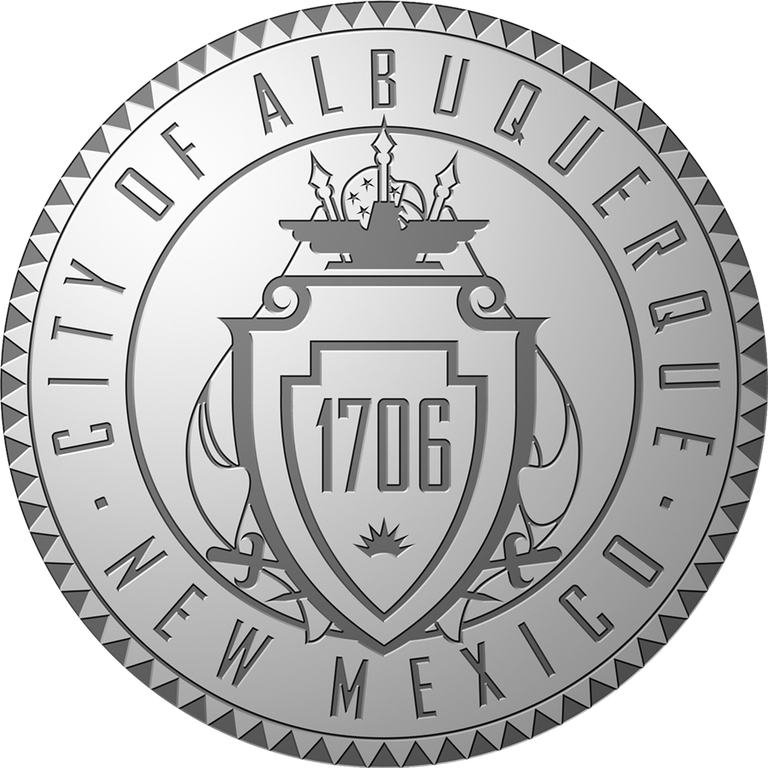
Performance Audit - Purchasing Card Use and Oversight
The City has designed and implemented strong controls over the P-Card program. However, there has been a breakdown of the operation and monitoring of those controls, which has caused a breakdown in compliance with rules, regulations, and P&P over P-Cards. It is important that the City take steps to correct issues and ensure the P-Card program is operating as intended.
Background
As of March 31, 2014, the City of Albuquerque’s (City) purchasing card (P-Card) program had been in place for approximately 14 years and consisted of 379 active P-Cards. During the period of April 1, 2013 through March 31, 2014, 21 City departments made 12,545 purchases in the amount of $3,227,006. Those purchases consisted of a wide variety of items such as food, computers/tablets, plumbing and vehicle parts, books, and office supplies, just to name a few. The key positions involved in ensuring the P-Card program operates in accordance with rules, regulations, policies and procedures (P&P) are the P-Card Holders (Cardholders), Card Coordinators, Department Directors or designees, and Program Administrators.
The City has implemented certain controls over all P-Cards to try and reduce the risk of inappropriate or fraudulent purchases. For instance, all P-Cards have certain merchant category codes (MCCs) blocked so that items like airline tickets, alcohol, and fuel cannot be purchased using the card. In addition, credit limits are placed on all P-Cards and can range from single transaction credit limits of $500 to $5,000. The use of P-Cards provides a variety of benefits to the City, and is an easy way of obtaining the items needed to continue business in an effective and efficient manner, but must be monitored closely to ensure no inappropriate or fraudulent activity occurs.
Findings
In performing the P-Card use and oversight audit, the Office of Internal Audit (OIA) did not discover any significant violations of rules, regulations, or P&P. In addition, OIA did not identify any findings that may indicate potential fraudulent activity. Overall the City has designed and implemented strong internal controls for the P-Card program; however, over time there has been some breakdown on the operation and monitoring of those controls.
In order to ensure controls over P-Cards are performing as intended, the City should consider updating the current P-Card training classes to add greater detail on Card Coordinator responsibilities and processes. A large number of the exceptions noted were due to the limited knowledge of the Card Coordinators on all of the process steps that must be performed within their roles. Also, to ensure that all Cardholders and Card Coordinators have received the proper training, the City should implement a tracking system that can be utilized to identify who is in need of initial training, and who is due for renewal training in both the P-Card P&P and the Works User Interface System (Works).
Monitoring over transactions, documentation files, and processes by the Program Administrators was not being performed as frequently, or as detailed enough, to prevent some issues with P-Cards. Currently the Program Administrators are relying on Card Coordinators to perform most monitoring functions. The Purchasing Division does perform a review of transactions on a quarterly and random basis. However, there should be more frequent detailed reviews performed by the Purchasing Division in coordination with the Accounting Division, since purchasing issues are not always identified and corrected with the current review process. Also, Program Administrators are independent of the departments making the purchases and have more authority than Card Coordinators to take corrective actions for purchasing violations made by Cardholders. With frequent detailed monitoring in place the City can have confidence that controls over P-Card purchases are working effectively.

